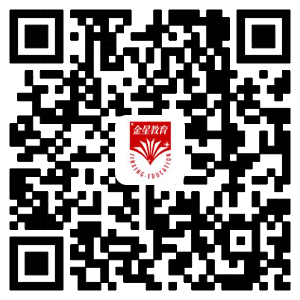1. another或“another+单数可数名词”泛指“另一,再(加)一个,类似的”;其复数形式是others或“other+复数名词”泛指“别人或别的事物”。另外,还有some…others…(有些……有些……)之搭配。如:
I don’t like this one, please show me another. 我不喜欢这个,请给我另一个。
He drank another glass of beer. 他又喝了一杯啤酒。
He is ready to help others.他乐于帮助别人。
She enjoys spending other people’s money. 他喜欢花别人的钱。
Some boys are reading; others are listening to the radio. 有些孩子在阅读,有些则在听收音机。
2. the other或“the other +单数可数名词”特指两者中的另一个,常有one…the other…(一个……另一个……)的搭配;其复数形式the others或“the other +复数名词”特指在某些人或物中,除去一部分后,“其余的”人或物。如:
Hold it in this hand, not the other. 用这只手握着, 不要用那只手。
He has two pens. One is a red; the other is black. 他有两支钢笔,一支是红的,另一支是黑的。
Mary’s here. Where are all the others? 玛丽在这里,其余的所有人都到哪里去了?
Of the three foreign guests, one is from London; the other two are from New York. 在那三个外国客人中,一个来自伦敦,另外两个来自纽约。
3. another用于“another+基数词(包括few)+复数名词”中,与“基数(包括some)+other+复数名词”相当。如:
He’ll stay here for another two days (=two other days). 他要在这里再呆两天。
4. else只能放在复合不定代词或者疑问词后,其所有格形式是else’s。如:
Is there anything else you want? 你还要些别的什么吗?
Who else is there in the house? 屋子里还有谁?
5. the rest 既可代替可数名词,也可代替不可数名词。而 another, others, the other(s) 只能代替可数名词。如:
The rest of the milk has gone bad. 其余的牛奶都变质了。
John’s Scottish and the rest of us are Welsh. 约翰是苏格兰人,我们其余的是威尔士人。
